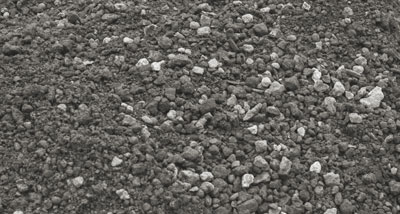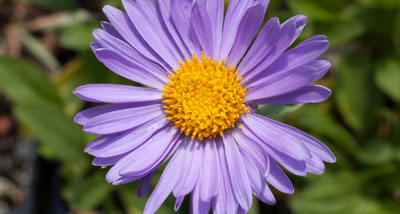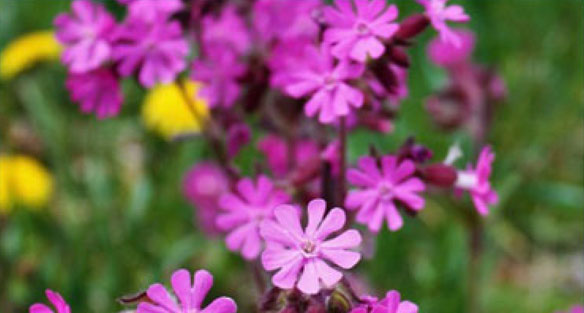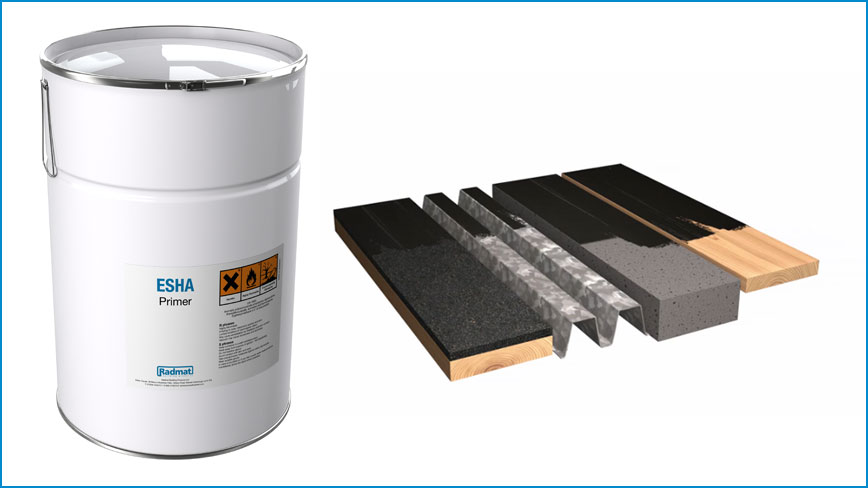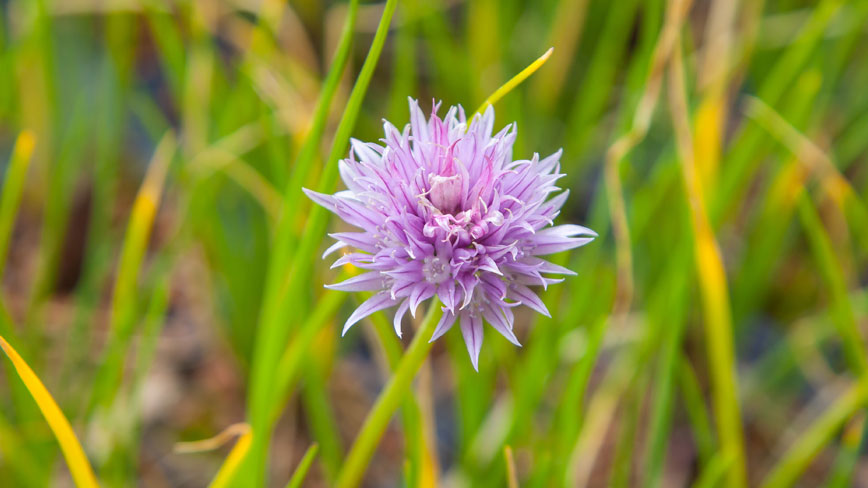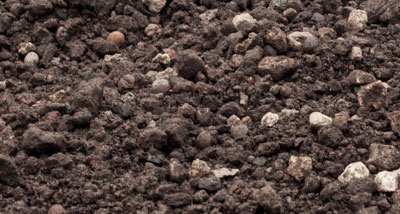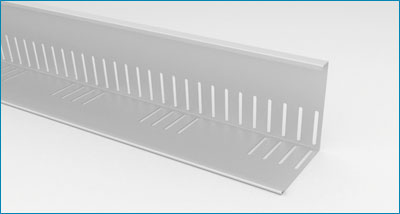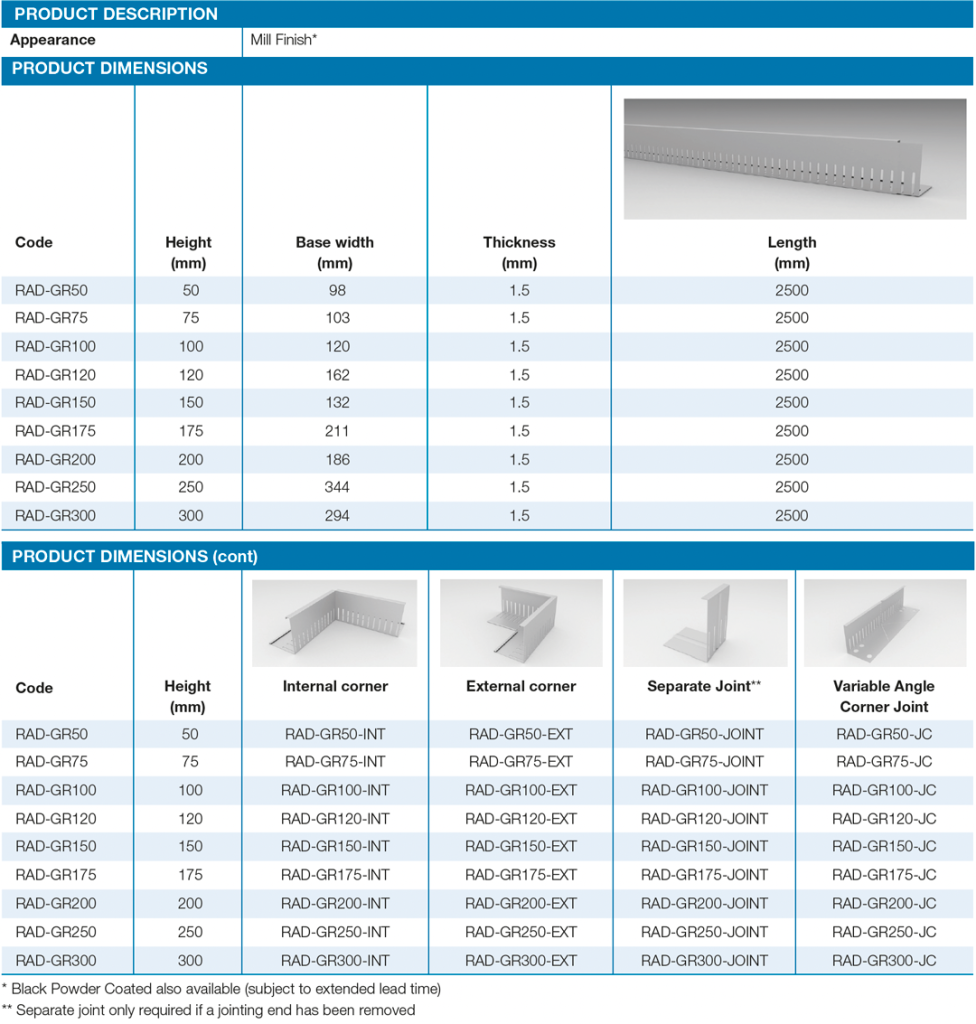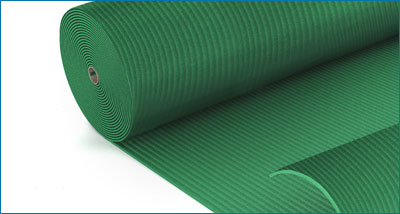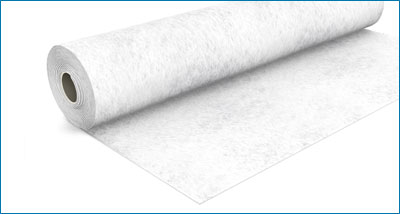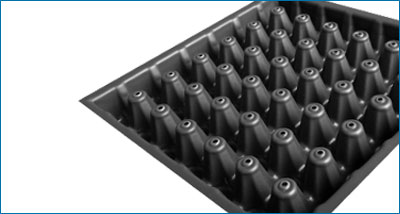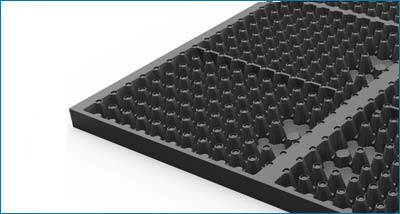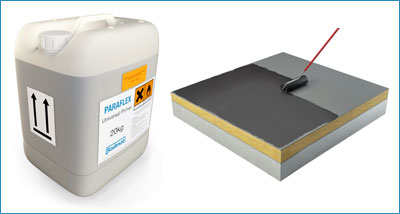DESCRIPTION
Developed through collaboration with the University of Sheffield’s Professor Nigel Dunnett and the Green Roof Centre, Radmat Wildflower Mat is attractive to pollinators and provides a biodiverse, colourful and drought tolerant range of wildflowers, herbs and flowering perennials that will flourish in the conditions created on many types of green roof.
An alternative to SedumPlus it contains a vibrant mixture of wildflowers, herbs and perennials designed to flourish in dry conditions and produce a biodiverse and colourful visual spectacle. The mix contains a range of wildflowers and herbs including Oxeye Daisy, Lady’s Bedstraw, Cat’s Ear, Yellow Chamomile, Wild Marjoram, Thyme and Chives. In addition pink flowering dianthus is included to provide a vivid splash of colour. The result is a vibrant and dynamic display. The flower seeds mix is carefully chosen to produce a wildflower meadow that will flower over a prolonged period, usually from early spring through to autumn, and to create visual interest.
The plants in flower will vary through the flowering season and may vary from year to year as the mixture adapts to the soil type, rainfall and temperature. Wildflowers and other flowering perennials provide a food source for birds and favourable habitat for butterflies and other insects.
APPLICATION
Unroll over a suitably prepared and irrigated Radmat GM30 Wildflower Substrate installed to a depth of 120mm. Installing a thinner substrate will compromise plant performance and may prevent compliance with the requirements of Building Regulation Approved Document B Fire Safety. Loosely butt sides and ends. Once installed irrigate for the prescribed period based on season.
See Product Data sheet for full plant list and image credits.
FIRE PERFORMANCE
Approved Document B Fire Safety points to the DCLG document Fire Performance of Green Roofs and Walls for best practice guidance in achieving Regulation 7(2) fire compliance with a green roof. DCLG Fire Performance of Green Roofs and Walls states that the compliance requirements for achieving Broof(t4) are a growing medium layer of a minimum 80mm and an organic content of not more than 50% (https://www.gov.uk/government/publications/fire-performance-of-green-roofs-and-walls). In addition, The Green Roof Organisation (GRO) Code of Best Practice, also recommends fire breaks consisting of 50mm deep 20/40mm rounded ballast are used at perimeters and penetrations. Gravel fire/vegetation breaks should be 500mm wide where they abut habitable space but can be reduced to 300mm in some circumstances. Key to ensuring ongoing fire performance of a green roof, and the plant performance, is maintenance as some plants will die back, others will shed leaves naturally during their lifecycle and invasive species will try to take hold. These factors all create additional organic matter that could poses a fire spread risk on the roof therefore unwanted organic matter should be removed as part of the maintenance program.



